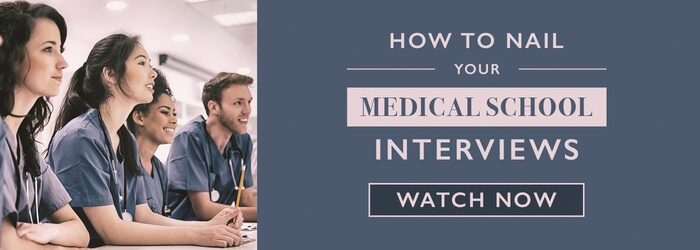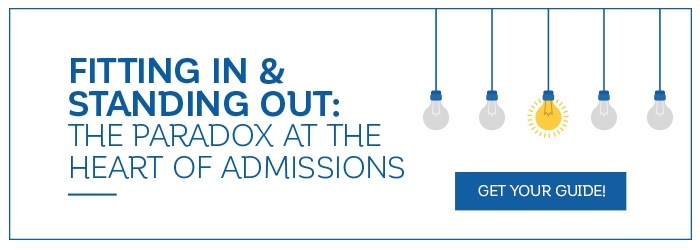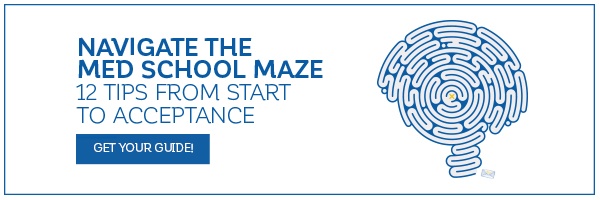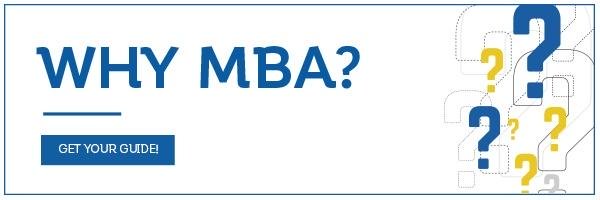

Enter interview day ready to show how you can contribute to the entering class and why you are confident you are a good match for this particular program. You will have already spent loads of time looking inward at yourself and outward at your target program – so these points should be no-brainers by now!
The structure of the interview usually goes as follows: First there are initial questions to get to know you and help you relax; then the interviewer will move onto some standard questions; and then there will be some personal questions about your experiences and then some thought-provoking questions. You’ll find examples of questions in each of these categories below.
Initial Questions to Help You Relax
A good interviewer will work hard to help you relax initially so that you have a conversation, rather than a cut and dry Q&A session. Typical questions in this category include:
• Tell me about your parents? Your siblings?
• How was your trip here? Is this your first trip to this city? What do you think of the weather?
• What are your favorite sports teams?
• What are your hobbies?
Standard Questions about Your Education and Your Interest in Med School
Then the interviewer will move on to some basic questions about your interest in med school, such as:
• Why do you want to go to medical school?
• Explain your transcript discrepancies from your undergraduate record.
• Share your most meaningful extracurricular activity.
• Describe a time when you were in a caring role.
• Describe your clinical exposure. Was there significant patient contact?
• What was your most rewarding volunteer position?
• Describe your research exposure? What it bench or clinical?
• Describe the activities you had during your gap year.
• Why did you enroll in a post-baccalaureate program?
Personal Questions
Then the mood may change as the interviewer turns towards some more personal questions in an effort to better get to know you. These may include:
• Have you ever experienced adversity? How did you respond?
• What qualities do you possess that make you confident you can be a physician?
• What are your strengths? Your weaknesses?
• What are you most proud of?
• Who has had the greatest impact on your life, helping you get to where you are today?
Thought-Provoking Questions
They’ll then want to pick your brain a bit with questions such as these:
• What are your views on [choose any of these controversial issues – abortion/right to life/assisted suicide/Medicare/DNR]?
• Where do you envision yourself ten years from now professionally?
• How do you envision the field of healthcare in ten years?
• What do you think of managed care? Is this best? Will physicians lose all autonomy?
In a nutshell, you can expect questions to help you relax and questions that may challenge you. You can also anticipate questions about you, about healthcare, and about matters that will allow you to show fit with this particular medical school.
“Typical Medical Interview Questions” is excerpted from the Accepted guide, The Ultimate Guide to Medical School Interview Success. Download the complete guide here.
Are you ready to answer all of the above interview questions? Our expert admissions consultants will help you prepare, giving you the confidence you need to present yourself in the most impressive way possible while addressing these questions and others. Check out our Med School Mock Interview Services now!

Related Resources:
• The Ultimate Guide to Medical School Interview Success
• How to Discuss Failure in a Medical School Interview
• Practicing for Your Med School Interview: Conversation 101
The post Typical Medical School Interview Questions appeared first on Accepted Admissions Blog.













 Essay questions dealing with failure, risk, mistakes, and difficult interactions or conflict often cause applicants to cringe, squirm, and bite their nails. After all, you want to show yourself succeeding and conquering the world in
Essay questions dealing with failure, risk, mistakes, and difficult interactions or conflict often cause applicants to cringe, squirm, and bite their nails. After all, you want to show yourself succeeding and conquering the world in 


















